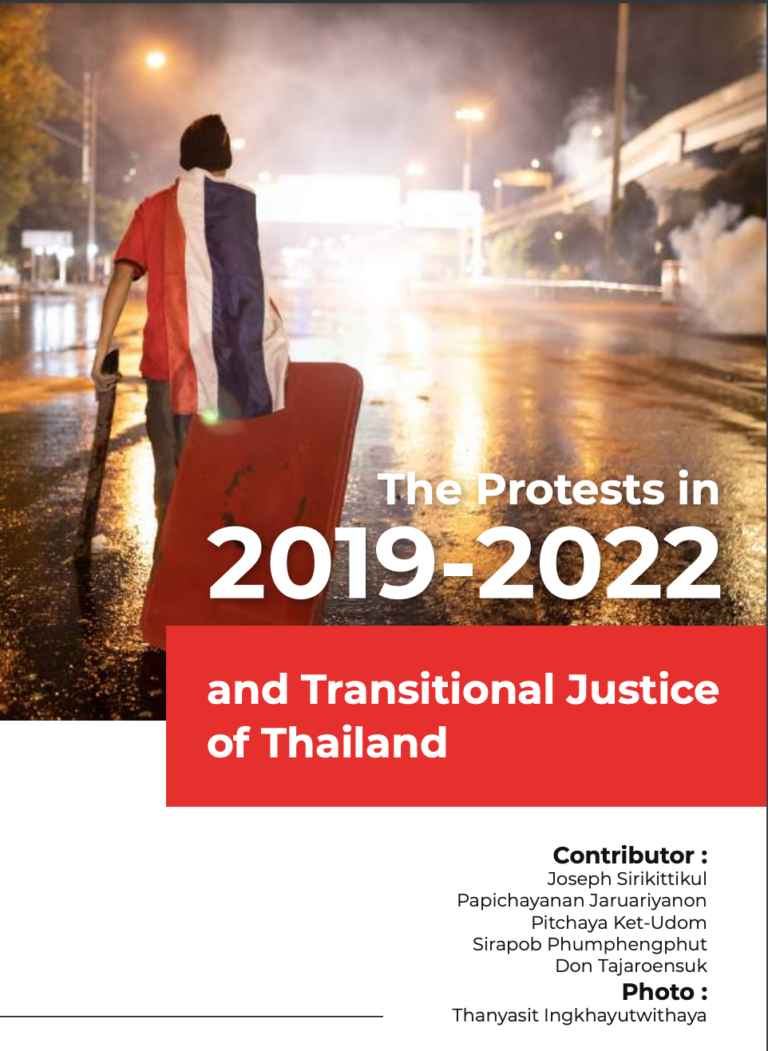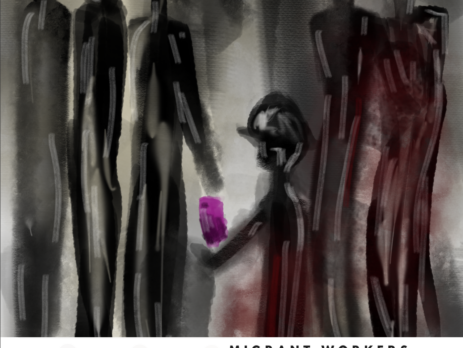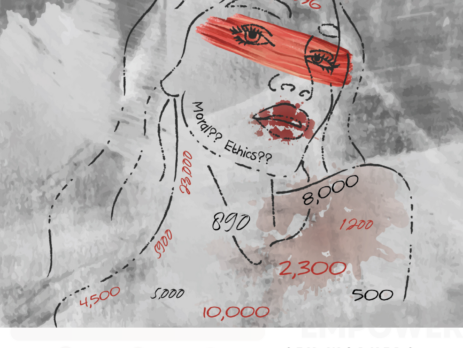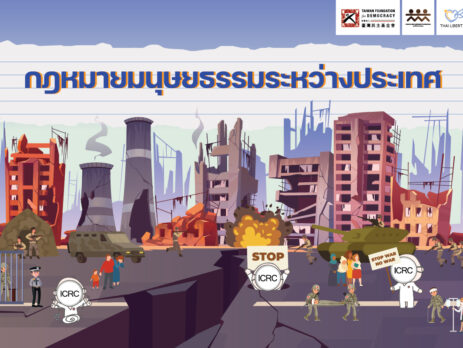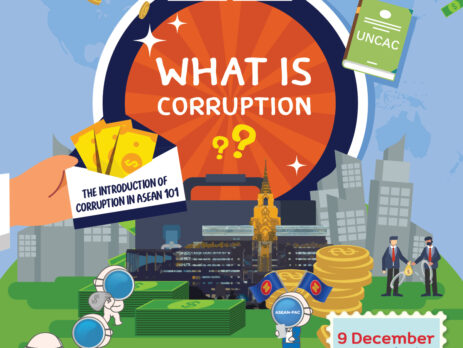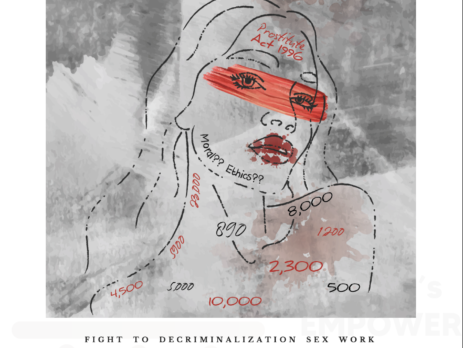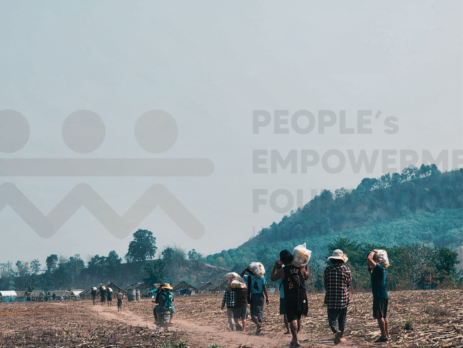The Transitional Justice Report on Thailand’s National Context of Transitional Justice in 2023. The report aims to make readers understand the overview of the situation of transitional justice and the Thai political crisis. The research comprises basic historical context and chronology to allow the reader to understand the history of state violence in Thailand. It also included a recent context of democratization in 2019-2022 which that can recognize as a prominent period of democratization for Thailand. There are many demands from youth-led protesters to call the state reforms that have never happened before in the history of Thailand. In the end, the research also includes recommendations from the points of view of activists who are researchers of this report.
The content includes with 7 chapters as
Chapter 1 :
Introduction and Methodology
Chapter 2 :
Chronological Fact of Democratic History
Chapter 3 :
Impact on Democracy and Human Rights of Insecurity
and Forms of Violence
Chapter 4 :
Current Democracy Situation
Chapter 5 :
Current Human Rights Situation
Chapter 6 :
National Legal Framework to protect political victims
Chapter 7 :
Conclusions and Recommendations
Contributors :
Joseph Sirikittikul
Papichayanan Jaruariyanon
Pichaya Ket-Udom
Sirapob Phumphengphut
Don Tajaroensuk
Photo :
Thayasit Ingkhayutwithaya
Access the report following http://udpma.518.org/en/sub.php?PID=04&page=&category=&searchText=&searchType=&action=Read&idx=76

